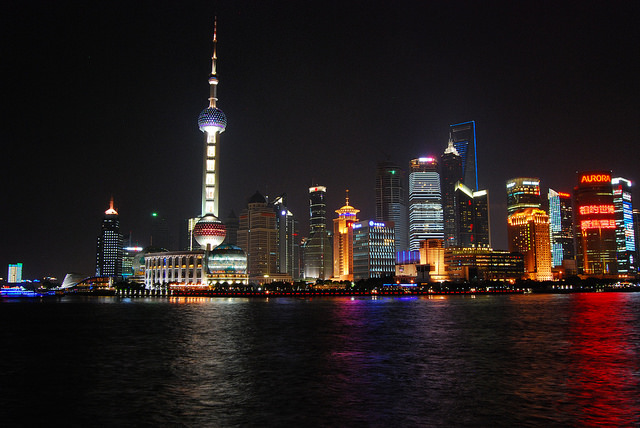Sanitation remains a problem in many developing countries across the globe. However, this issue goes much deeper than just delivering clean water to billions of people and treating sewage waste. The Conversation ran an article earlier this month on this topic. They bring up two important aspects of implementing water treatment programs in struggling countries. One is that the energy treatment plants use is enormous, and most of these nations (ex. China) already have a problem with unsustainable energy usage. Not only that, but in China and India especially, the detectable amounts of antibiotic resistance in waste water are astronomically high and still rising. The meat industry in China has been growing over the past several years, which results in tons of introduction of antibiotic resistance into the surrounding environment. Most of the waste, of course, ends up in the water.
The final section of the article sums up the problems (and solutions) addressed nicely:
One option is for delegates to the Paris climate talks to examine financing for sewage-treatment technologies that are designed to be carbon-neutral, and powered by combinations of renewable energy, battery storage technologies and micro-grids.
The West surely has more than a passing interest in helping to ensure that India and China take action — not least because these are the places where rich nations “offshore” their pollution, but also because these countries have become prime breeding grounds for the global spread of drug-resistant bacterial strains.
What’s needed in Paris this December is joined-up thinking about two of the most pressing issues affecting life and ecosystems on this planet: the health of our climate and the healthiness of our water.
